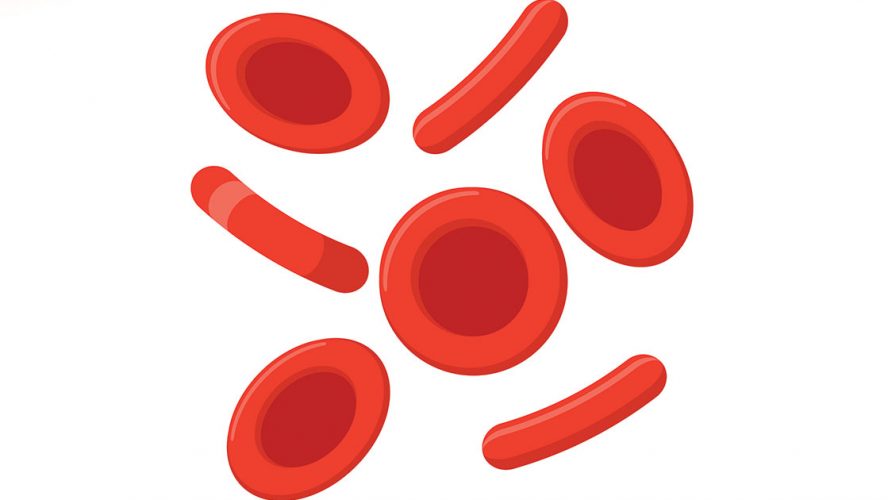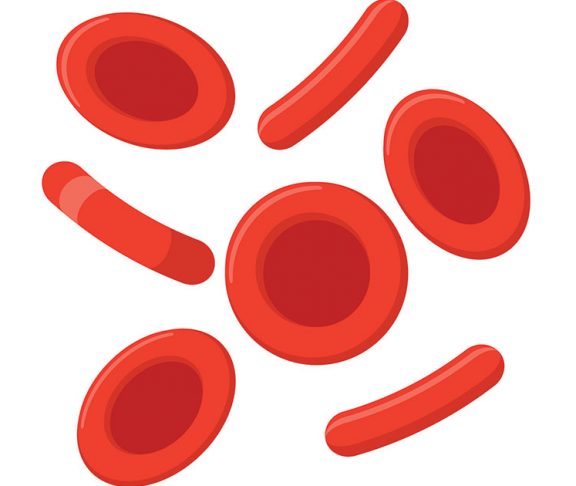Cancer can be a difficult and overwhelming diagnosis, and if you have cancer or are undergoing cancer treatment, your top priority is to get healthy. After your cancer diagnosis, there are many new things you might need to learn and manage.
The Centers for Disease Control and Prevention and the National Blood Clot Alliance want you to protect your health by understanding your risk for dangerous blood clots, because cancer and some cancer treatments can increase your risk of blood clots. About 900,000 people each year are affected by blood clots, and about 1 in 5 of these blood clots is associated with cancer.
Risk of blood clots
The risk of a blood clot is greatest in the first few months after cancer is diagnosed. Some cancers pose a greater risk of blood clots, including cancers involving the pancreas, stomach, brain, lung, uterus, ovaries, or kidneys, as well as blood cancers such as lymphoma or myeloma.
The higher your cancer stage, the greater your risk of a blood clot. The type of cancer treatment you receive may increase your risk for blood clots as well. Treatments involving hospitalization, surgery, chemotherapy, hormonal therapy, catheters placed in your veins, and some other therapies can increase your blood clot risk.
Blood clot symptoms
Blood clots occur most often in the legs or arms, and symptoms include:
- Swelling
- Pain or tenderness not caused by an injury
- Skin that may be warm to the touch, red, or discolored
Blood clots in your legs or arms can travel to your lungs, which can be deadly. Symptoms of blood clots in your lungs include:
- Difficulty breathing
- Chest pain that worsens with a deep breath
- Coughing up blood
- Faster than normal or irregular heartbeat
Contact your cancer doctor immediately if you experience any blood clot symptoms.
Protect your health
As you take steps to preserve your health, make blood clot awareness part of your care.
- Know your risks for blood clots, and discuss these risks with your cancer doctor.
- Stay alert for any signs or symptoms of blood clots after surgery or treatment in an outpatient clinic. Contact your cancer doctor right away if you experience any of these signs or symptoms.
- Work with your cancer doctor and make a plan to protect yourself against blood clots that is specific to your personal medical history and treatment.

